On February 26, S Jaishankar, Minister of External Affairs, emphasised a two-state solution as reported by The Hindu followed by other countries with mutual agreement during the 55th UN Human Rights Council Session.
At least 45 people, including children, were killed as Israel commenced its strike on Rafah on Sunday, May 26.
Israel has been relentlessly attacking the Palestinian people since October 7, 2023. Social media has now been updated with images and videos of injuries, blood, and death. At least 45 people, including children, were killed as Israel commenced its strike on Rafah on Sunday, May 26. On social media, there is strong opposition to this horrifying act and protests are taking place.
However, Benjamin Netanyahu, the Prime Minister of Israel, referred to it as a ‘tragic incident’ and ‘mistake’. Other incidents demonstrate their joy and backing for Israel’s attack. Yet another picture of Nikki Haley, who served as American politician and diplomat governor of South Carolina U.S. ambassador to the United Nations, with the caption “Finish Them” written on one of the Israel shells is making the rounds on social media.
Another video shows Israelis dancing and commemorating the murder of Palestinians in Rafah at the bonfire-lit Jews Lag B’Omer festival. This slaughter was known by many Israelites as the annual ‘big bonfire’. To take pleasure in, support, and label the murder of people as a mistake is to harbour hatred. The number of deaths has gone up in the past few months. Nevertheless, it’s imperative to remember that these are actual individuals, not just statistics.
Trivialising Palestinian suffering through irrational comparisons, debates, and boycotts
A post titled ‘A sincere request to all the people sharing this poster’ was made on the Instagram profile @tark_bharat in response to the post with the text “All Eyes on Rafah.” The forced conversion of Hindus, their ethnic cleansing, and the rape of Hindu women in Pakistan are highlighted in this piece. The article included ten slides, one of which questioned why there isn’t more indignation for the millions of Hindus who have been slaughtered in places like Bangladesh, Pakistan, and Kashmir, given the widespread outrage for the 46 people killed in Rafah. This is being shared on social media by a lot of people. But the question is, is this comparison worth it, or is it just another hateful and foolish thing to do?
Whenever there is a national or worldwide outcry against Muslims, a comparison is made against them. It comes up frequently how much Hindus are persecuted historically or presently in various places. The two terms that have gained the most attention are Mughal and Pakistan, both of which are widely recognised throughout the country. The situation of Hindus in Pakistan was compared to the horrible suffering of the Palestinian people this time as well. But other than the Muslim identity, there is no rational association between them. Their experiences and status in society are made more susceptible by the overwhelming prejudice and hostility surrounding them.
Nearly 86 percent of anti-Muslim posts on social media come from the US, the UK and India, a report by the Australian-based Islamic Council of Victoria (ICV) has found.
Not only is this kind of comparison absurd, but it is also painful. Nearly 86 percent of anti-Muslim posts on social media come from the US, the UK and India, a report by the Australian-based Islamic Council of Victoria (ICV) has found. Contrary to expectations, a number of Instagram profiles and pages are currently creating mottos along the lines of “All eyes on POK,” “All eyes on Hindus in Pakistan,” and “All eyes on Akhand Bharat,” among others.
Are not all lives equally important?: hoax outrage only for the particulars
This post attenuates the suffering in Rafah by casting doubt on the outrage for it. Furthermore, it invisiblises ome of the suffering that the people of Palestine have endured since October 7 of last year. It has claimed thousands of lives, mostly that of women and children. Videos, images, and confessions of their pain have been showing up since October, and they are horrifying and devastating. It is evident that Palestine has been completely destroyed, leaving only fragments.
Palestinians who once owned homes now live in tents without power, surviving mostly on food stamps and other necessities. Women who are either menstruating or pregnant lack fundamental necessities like sanitation and hygiene. It’s also been over seven months in duration, not just one day, one week, or one month.
The post by @tark_bharat is heartless and lacks intelligence. Only when certain events occur does the outrage for justice for other communities become audible; otherwise, they stay silent. We have witnessed this with the violence in Manipur, the deaths of Dalits, the rape of women, the suicides of farmers, and other national issues. Those who agree with this post and share it, at other times, choose to remain silent.
The post by @tark_bharat is heartless and lacks intelligence. Only when certain events occur does the outrage for justice for other communities become audible; otherwise, they stay silent.
Prioritising one’s life over others is the focus of this piece. All lives are valuable, though, are they not? Additionally, it prompts us to consider if the current genocide is justified if previous genocides or deaths have occurred. There shouldn’t be any genocide, is the obvious response. We ought to preserve every life because it is valuable.
The silent liberal feminist: no support for Palestinian women
The failure of liberal feminists to support Palestinian women is the subject of another outrage. When it comes to Palestinian women, feminists who are outspoken about women’s problems, needs, and experiences are largely absent. Neither non-Western nor Western liberal feminists have spoken up for Palestinian women in Gaza, as Afsa Khan notes in her piece for Middle East Monitor. Areeba Abrar highlights in her piece for Feminism In India, that there is an othering of Palestinian women in the feminist discourse. The author emphasises that the majority of feminists and organisations tend to overlook the negative effects of colonisation, military occupation, racism, apartheid, and war, as well as patriarchy, on the lives of women in the developing countries.
Considering the massacre in Palestine, UNICEF’s Goodwill Ambassador Priyanka Chopra has said nothing at all. The only indication that she was conscious came when Bollywood celebrities began posting the “All Eyes On Rafah” image to their Instagram stories. That is also the case with Malala Yousafzai, the Noble Peace laureate, who on Thursday denounced Israel and reiterated her support for Palestinians in Gaza following criticism in her home country of Pakistan over a Broadway musical that she co-produced with former US Secretary of State Hillary Clinton.
Silencing and suppressing women showing solidarity with Palestinians
Even though they have the competence, some people are unwilling to raise awareness, while other individuals who speak up to make society more aware of issues are shunned. Women who raise their voices are often subjected to insults and inappropriate remarks by Indian men. The post regarding the Rafah genocide by Ritika Sajdeh, the wife of Captain of the Indian Cricket Team Rohit Sharma, and Rhiti, the daughter of singer, actor and MP of ruling party Manoj Tiwari, has received a ton of disparaging comments.
They both had to remove their posts because they were being tormented and threatened online. Rohit Sharma has received two national honours, the Arjuna Award in 2015 and the prestigious Major Dhyan Chand Khel Ratna Award in 2020 by the Government of India. If two prominent women who were connected to such powerful men could face such a threat, one can only image the ordeals of ordiniary women.
Misogynistc politicians and their genocidal statements
Many times, we have encountered our male politicians’ misogynist remarks. Former Minister of Law and Justice Subramanian Swamy has expressed his views on the genocide of Palestinians on his social media.
He has written ‘In a military strategy, when a nation is attacked by any enemy, and that nation’s women and girls are brutalised in unspeakable ways, then a government of that nation must retaliate till these brutes formally surrender or are exterminated. That is what Israel is doing in Gaza’. This is a direct support and promotion of genocide. His statement also enables the horrifying violence that Palestinian women and girls are facing.
It is imperative that the hardships of Palestinians be properly discussed, understood, and brought to light. Appropriate discourse, comprehension, and consciousness are vital. Compassion, affection, and unity are essential.
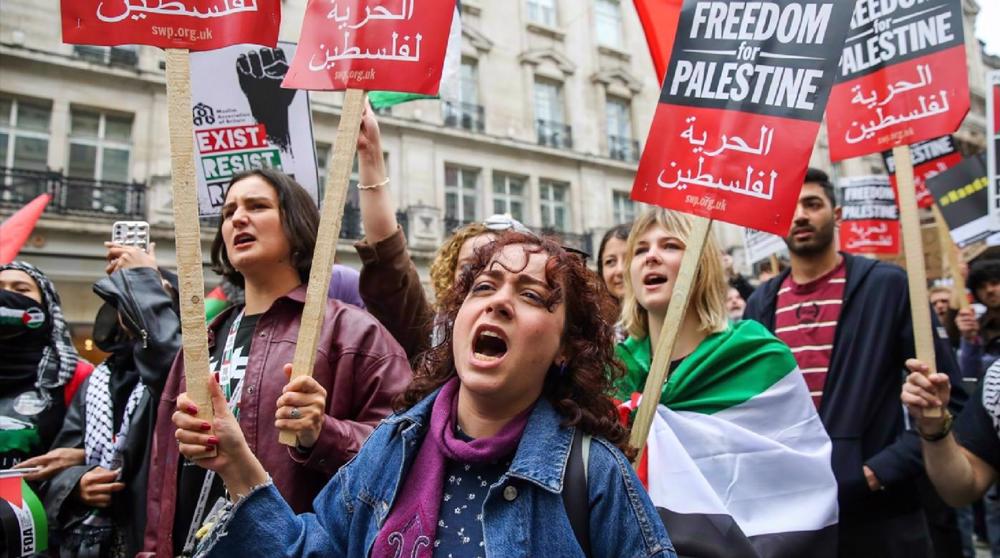
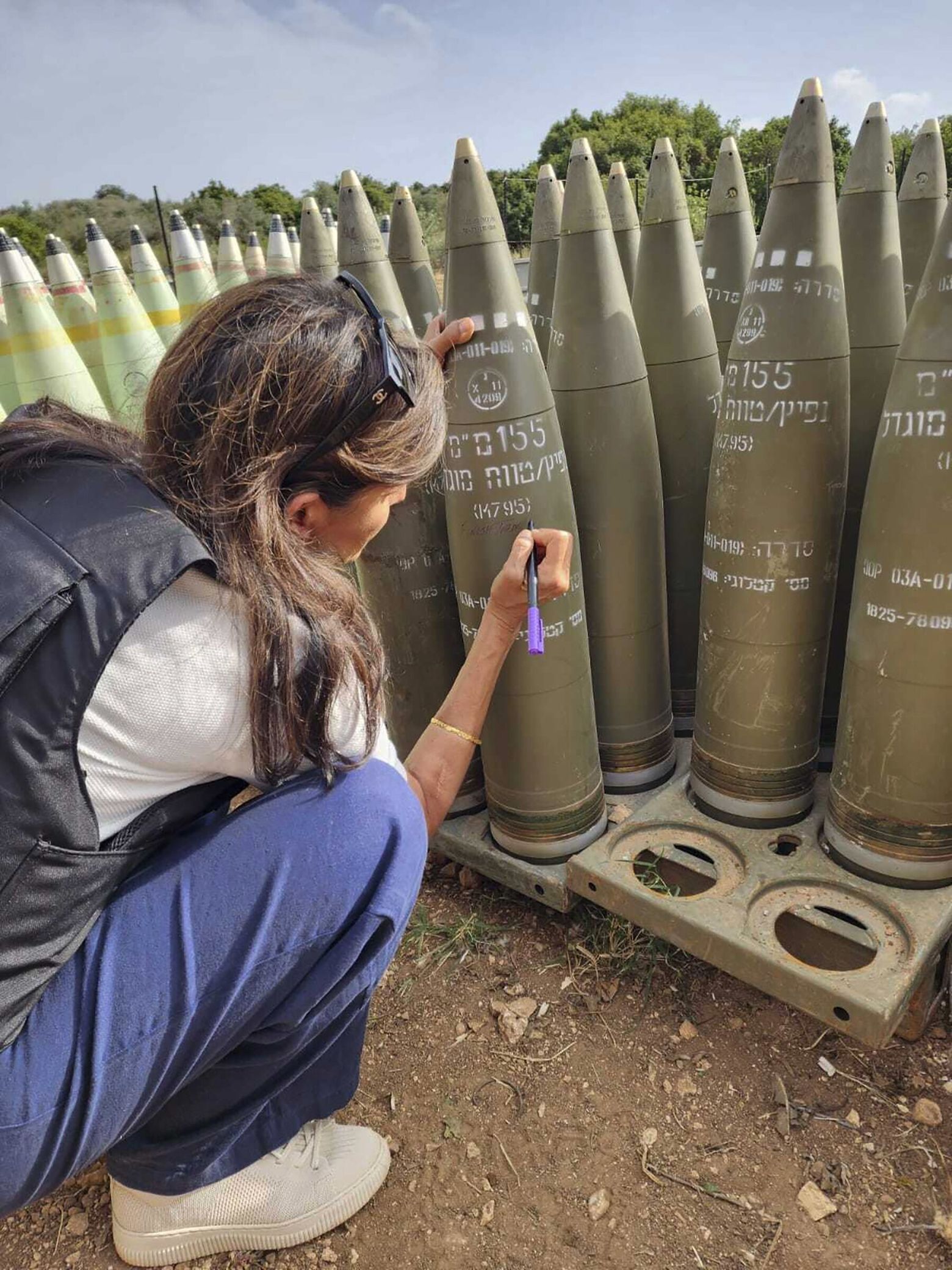
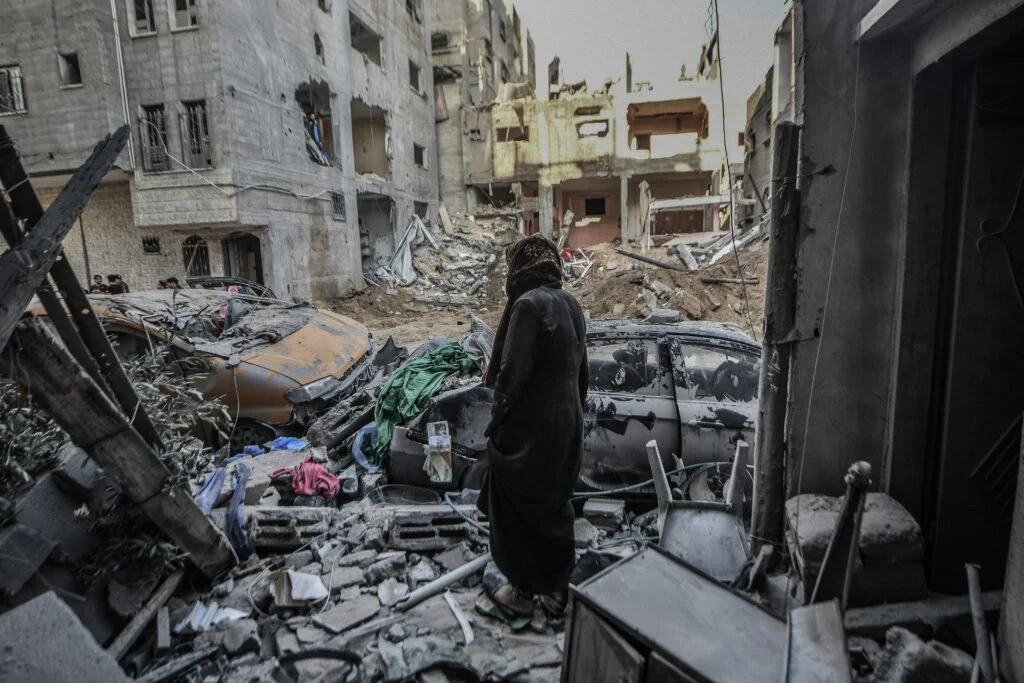
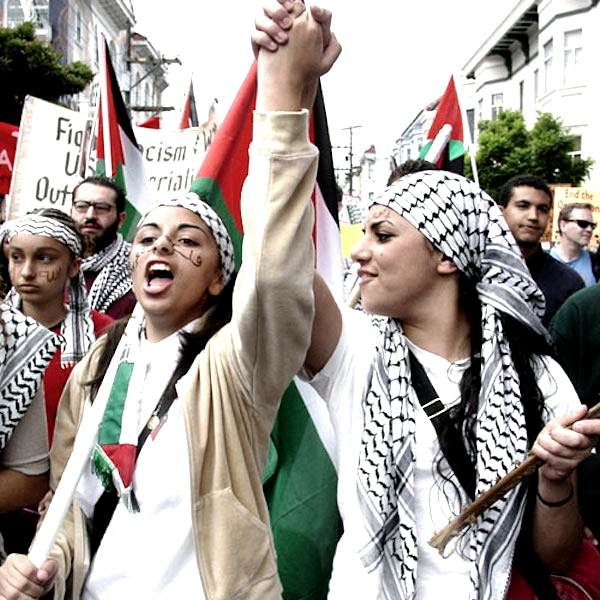
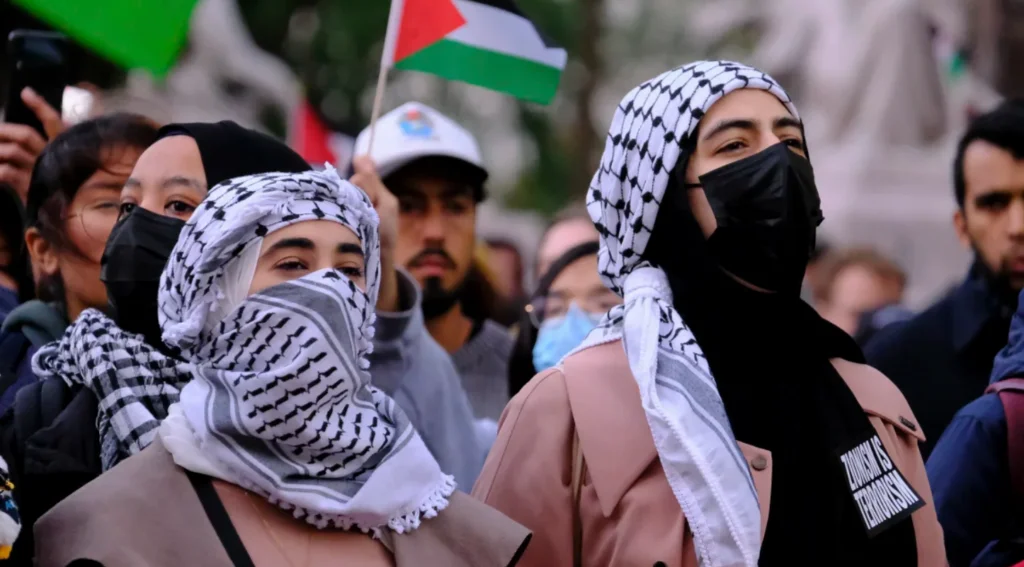




This article poignantly highlights the ongoing marginalization of Palestinian suffering, a crucial issue that often gets overshadowed in mainstream discourse. By addressing the trivialization and invisibilization of their struggles, it sheds light on the urgent need for broader awareness and empathy. It’s vital for global communities to acknowledge these injustices and work towards a more just and equitable resolution. Thank you for bringing attention to such a significant topic.
Very well reflected article. It is really crucial to understand the sufferings of Palestinians. The article very correctly pointed out the silence of the feminists.
Long live Gaza. 🇵🇸